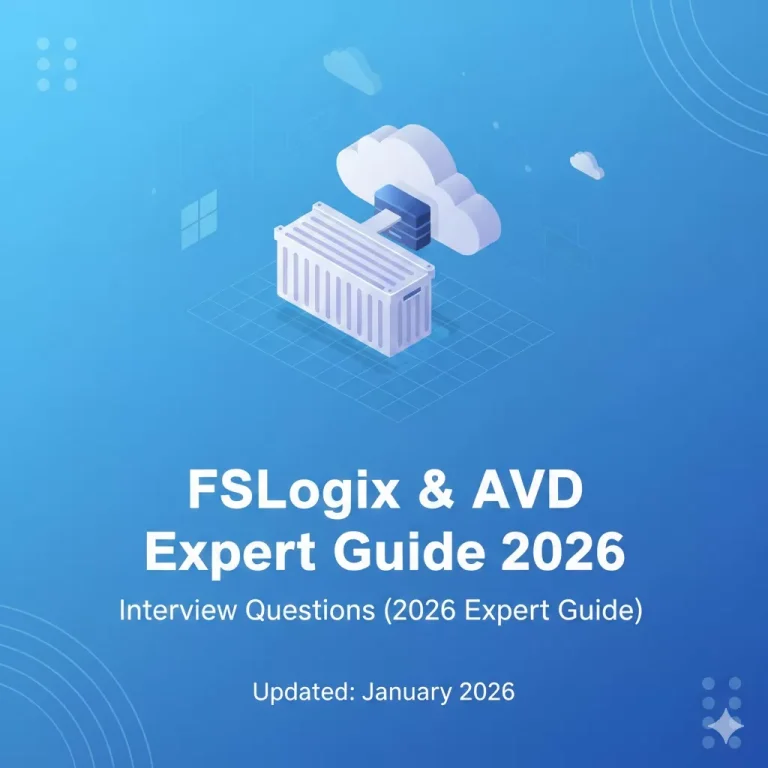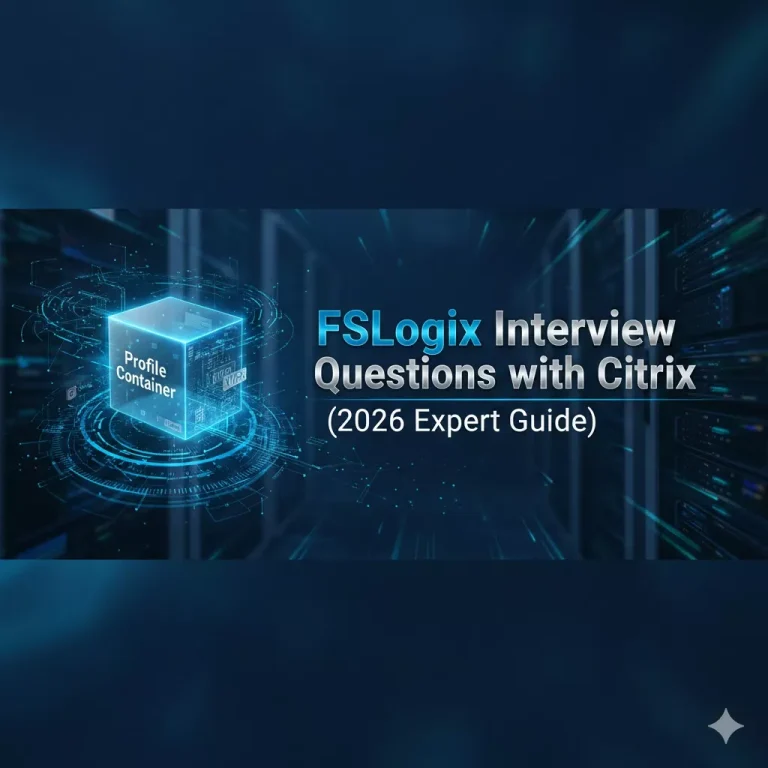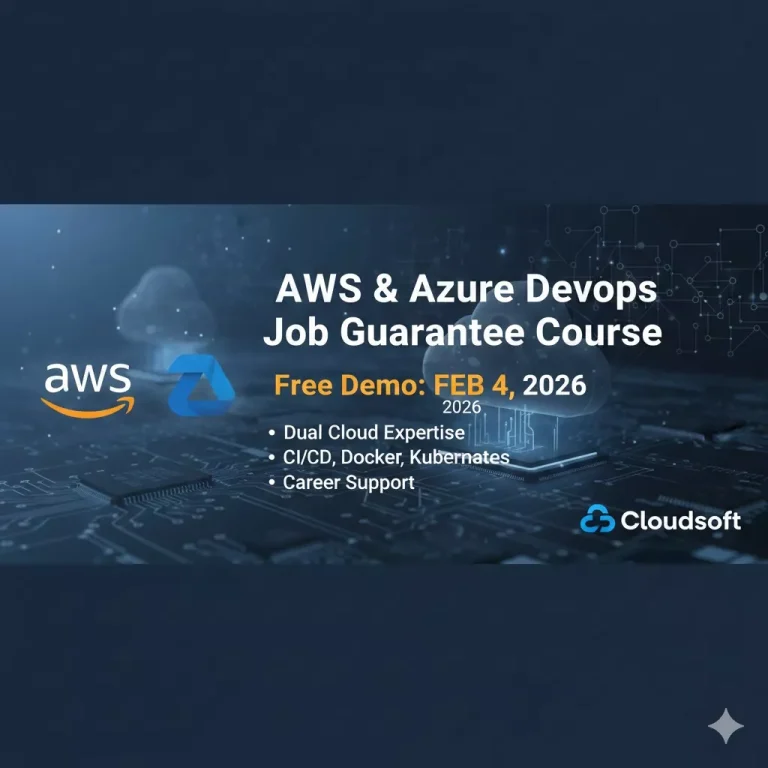General DevOps Concepts
- What is DevOps, and why is it important?
- How does DevOps differ from traditional IT operations and development models?
- What are the key benefits of implementing DevOps in an organization?
- What are some common DevOps tools you have used?
- What is the role of automation in DevOps?
- What is CI and CD in Devops
- What is Continuous Deployment vs Continuous Delivery
CI/CD Pipelines
- What are the CI/CD Tools you have used in your projects
- What are the key stages of a CI/CD pipeline?
- How do you handle secrets and sensitive data in your CI/CD pipelines?
- Can you explain the difference between Continuous Integration, Continuous Delivery, and Continuous Deployment?
- What tools have you used for CI/CD, and why did you choose them?
- How would you implement a blue-green deployment strategy in a CI/CD pipeline?
1. Jenkins Architecture & Setup
- Can you explain the Jenkins architecture and its main components?
- How do you scale Jenkins for a large organization with multiple teams?
- What are the pros and cons of using Jenkins in a distributed build environment?
- How would you set up a Jenkins master-slave architecture?
- How do you ensure high availability and failover in Jenkins?
2. Pipeline as Code
- What is a Jenkins Pipeline, and how does it differ from a freestyle job?
- Can you explain the difference between Declarative and Scripted Pipelines?
- How do you handle complex branching logic in a Jenkins Pipeline?
- What are some best practices for writing maintainable Jenkins Pipelines?
- How would you implement a multi-branch pipeline in Jenkins?
3. Jenkins Plugins
- What are some essential Jenkins plugins you have used in your projects?
- How do you manage and update plugins in a large Jenkins environment?
- Have you ever had to troubleshoot a plugin issue? How did you resolve it?
- How do you handle plugin conflicts or compatibility issues?
- Can you write a custom Jenkins plugin, and what is the process?
4. Continuous Integration/Continuous Deployment (CI/CD)
- How do you implement a secure and efficient CI/CD pipeline in Jenkins?
- What strategies do you use for managing and automating build artifacts?
- How would you integrate Jenkins with other CI/CD tools, like Docker, Kubernetes, or Ansible?
- What are some common challenges you’ve faced while setting up a CI/CD pipeline in Jenkins, and how did you overcome them?
- How do you ensure that your Jenkins CI/CD pipeline is scalable and reliable?
5. Security
- How do you secure a Jenkins installation?
- What are the best practices for managing credentials and secrets in Jenkins?
- How do you implement role-based access control (RBAC) in Jenkins?
- How do you secure the communication between Jenkins master and agents?
- What steps do you take to ensure that Jenkins jobs are executed securely?
6. Build Automation
- How do you automate the build and deployment process in Jenkins?
- What is your experience with integrating Jenkins with build tools like Maven, Gradle, or Ant?
- How do you handle parallel and sequential builds in Jenkins?
- How would you implement a Jenkins job that builds multiple projects with dependencies?
- What strategies do you use for optimizing build times in Jenkins?
7. Monitoring & Logging
- How do you monitor Jenkins for performance issues?
- What tools or plugins do you use to monitor Jenkins jobs and pipelines?
- How do you set up logging and log analysis for Jenkins?
- What steps do you take to diagnose and fix performance bottlenecks in Jenkins?
- How do you ensure that your Jenkins environment remains healthy over time?
8. Scripting & Automation
- What role does Groovy play in Jenkins, and how have you used it?
- How do you use shell or Python scripts in Jenkins jobs?
- Can you give an example of a complex automation task you’ve implemented in Jenkins?
- How do you automate Jenkins job creation and management?
- What is your experience with using Jenkins CLI or REST API for automation?
9. Integrations
- How do you integrate Jenkins with version control systems like Git or SVN?
- What is your experience with integrating Jenkins with tools like Jira, Slack, or email notifications?
- How do you set up Jenkins to work with cloud services like AWS, Azure, or GCP?
- How do you use Jenkins to trigger deployments to environments like Docker or Kubernetes?
- Can you describe how you’ve integrated Jenkins with a containerization or orchestration tool?
10. Troubleshooting
- Describe a challenging issue you’ve faced in Jenkins and how you resolved it.
- How do you handle failed jobs or builds in Jenkins?
- What is your approach to diagnosing and fixing intermittent build failures?
- How do you deal with Jenkins jobs that hang or take too long to complete?
- Have you ever had to recover a Jenkins instance from a critical failure? How did you do it?
11. Advanced Jenkins Features
- What is the role of Jenkinsfile in a pipeline?
- How do you implement dynamic or parameterized jobs in Jenkins?
- What are some advanced features of Jenkins Pipelines that you’ve used?
- How do you use Jenkins Shared Libraries, and what are their benefits?
- Can you explain the concept of Jenkins Agents and how you manage them?
12. Best Practices
- What are some best practices you follow when working with Jenkins?
- How do you ensure that Jenkins jobs are reusable and modular?
- What strategies do you use for maintaining a clean and organized Jenkins environment?
- How do you handle Jenkins job dependencies and sequencing?
- What are your thoughts on using Jenkins in a cloud-native environment?
. Version Control & Git
- What is Git, and how does it work?
- Can you explain the Git branching strategy you’ve used in previous projects?
- How do you resolve merge conflicts in Git?
- What are Git rebase and Git merge, and when would you use each?
- How do you manage large binary files in Git?
3. Infrastructure as Code (IaC)
- What is Infrastructure as Code (IaC), and what are its benefits?
- Can you compare and contrast Terraform and CloudFormation?
- How would you handle secrets in an IaC framework like Terraform?
- What strategies do you use to manage state files in Terraform?
- How do you ensure that your IaC configurations are reusable and modular?
4. Configuration Management
- How do tools like Ansible, Chef, or Puppet fit into a DevOps pipeline?
- Can you explain how you would use Ansible to configure and deploy applications across multiple servers?
- How do you handle configuration drift in a production environment?
- What are the advantages of using a tool like Ansible over traditional shell scripting?
5. Containerization & Orchestration (Docker & Kubernetes)
- What are the main benefits of using Docker containers?
- How do you manage persistent storage in Kubernetes?
- Can you explain the difference between a Deployment and a StatefulSet in Kubernetes?
- How do you handle networking between pods in Kubernetes?
- What is a Helm chart, and how is it used in Kubernetes?





